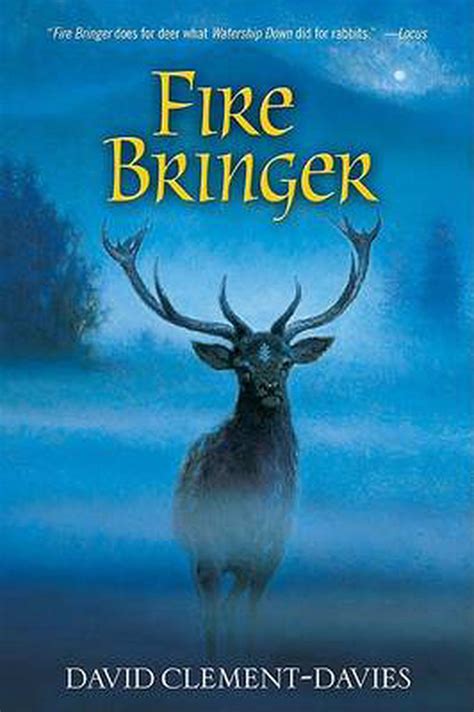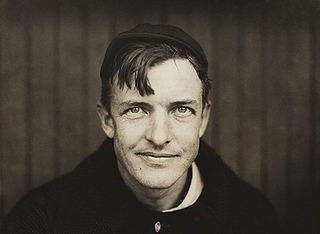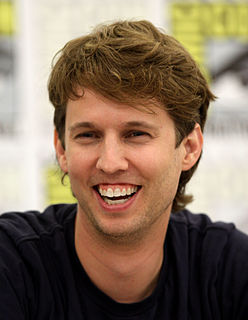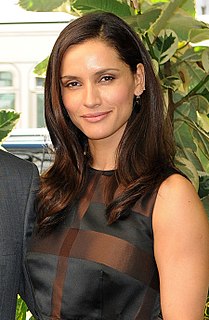A Quote by David Clement-Davies
That we can never know," answered the wolf angrily. "That's for the future. But what we can know is the importance of what we owe to the present. Here and now, and nowhere else. For nothing else exists, except in our minds. What we owe to ourselves, and to those we're bound to. And we can at least hope to make a better future, for everything.
Related Quotes
Let's have a merry journey, and shout about how light is good and dark is not. What we should do is not future ourselves so much. We should now ourselves. "Now thyself" is more important than "know thyself." Reason is what tells us to ignore the present and live in the future. So all we do is make plans. We think that somewhere there are going to be green pastures. It's crazy. Heaven is nothing but a grand, monumental instance of future. Listen, now is good. Now is wonderful.
Similarly, knowledge of the future was incompatible with free will. What made it possible for me to exercise freedom of choice also made it impossible for me to know the future. Conversely, now that I know the future, I would never act contrary to that future, including telling others what I know: those who know the future don't talk about it. Those who've read the Book of Ages never admit to it.
We owe the animals our profoundest apologies. Defenseless and unable to retaliate, they have suffered immense agonies under our domination that most of us have never witnessed or acknowledged. Now knowing better, we can act better, and acting better, we can live better, and give the animals, our children, and ourselves a true reason for hope and celebration.
...our societies appear to be intent on immediate consumption rather than on investment for the future. We are piling up enormous debts and exploiting the natural environment in a manner which suggests that we have no real sense of any worthwhile future. Just as a society which believes in the future saves in the present in order to invest in the future, so a society without belief spends everything now and piles up debts for future generations to settle. "Spend now and someone else will pay later."
We human beings have enormous difficulty in focusing on the present; we always thinking about what we did, about how we could have done it better.... or else we think about the future, about what we're going to do.... But at this precise moment, you also realize that you can change your future by bringing the past into the present. Past and future only exist in our mind. The present moment, though, is outside of time, it's Eternity.... It isn't what you did in the past the will affect the present. It's what you do in the present that will redeem the past and thereby change the future.
Man can only be certain about the present moment. But is that quite true either? Can he really know the present? Is he in a position to make any judgment about it? Certainly not. For how can a person with no knowledge of the future understand the meaning of the present? If we do not know what future the present is leading us toward, how can we say whether this present is good or bad, whether it deserves our concurrence, or our suspicion, or our hatred?
The past is of no importance. The present is of no importance. It is with the future that we have to deal. For the past is what man should not have been. The present is what man ought not to be. The future is what artists are.
The facts: nothing matters but the facts: worship of the facts leads to everything, to happiness first of all and then to wealth.
Let each of us examine his thoughts; he will find them wholly concerned with the past or the future. We almost never think of the present, and if we do think of it, it is only to see what light is throws on our plans for the future. The present is never our end. The past and the present are our means, the future alone our end. Thus we never actually live, but hope to live, and since we are always planning how to be happy, it is inevitable that we should never be so.






































